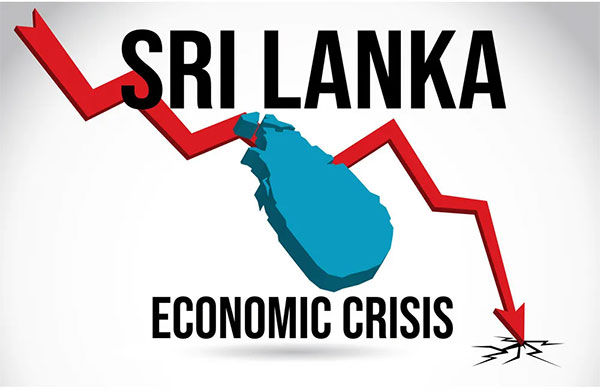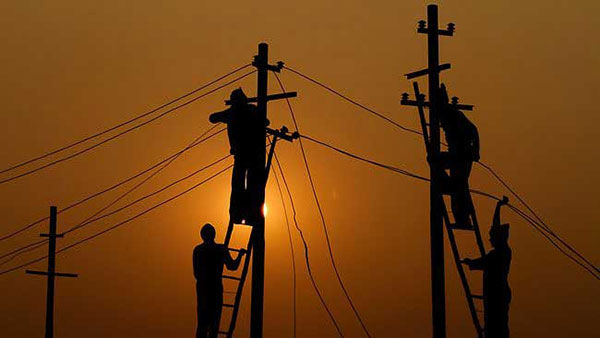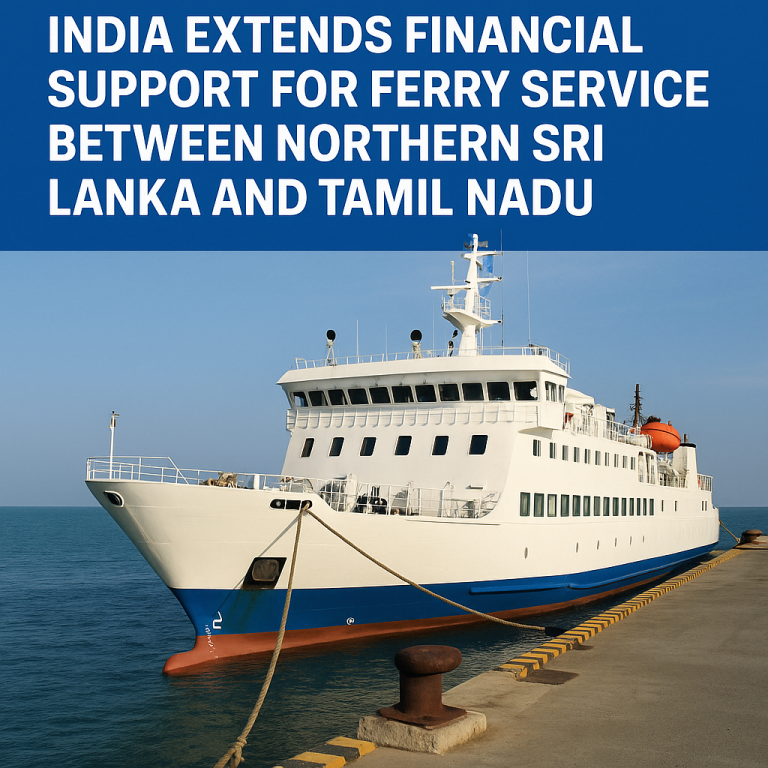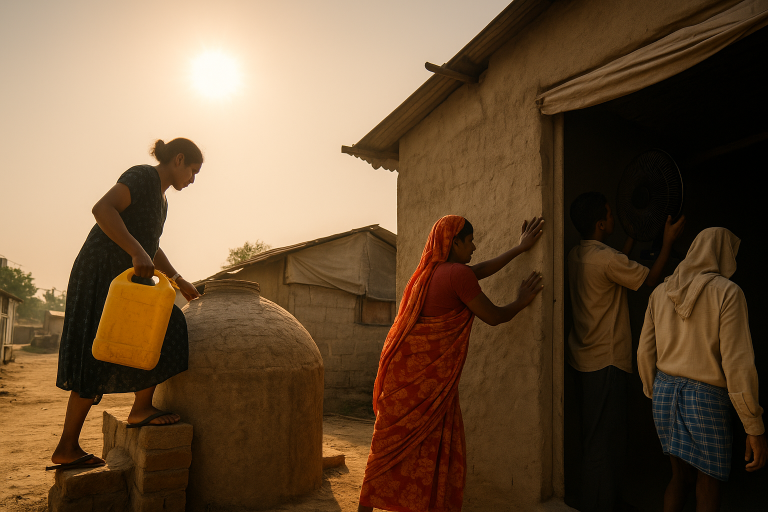When a country faces a severe financial crisis, it becomes increasingly clear that moving forward without the agreements and conditional frameworks of the International Monetary Fund (IMF) is nearly impossible. Global experiences have demonstrated time and again that economies emerging from financial turmoil often require the structured support and oversight of the IMF to stabilize and rebuild.
The Global Experience of IMF Dependency
Throughout the world, countries grappling with financial crises have found it challenging to recover without IMF intervention. For instance, Greece, Argentina, and Pakistan have all had to seek IMF assistance when their economies reached the brink of collapse. These nations had to adopt strict economic reforms, including austerity measures, fiscal consolidation, and structural adjustments, often under IMF guidance. The experience of these countries indicates that once a nation falls into severe financial distress, bypassing the IMF’s frameworks and conditions becomes impractical if it aims to stabilize its economy and restore investor confidence.
In Greece, the IMF played a critical role in providing bailout packages to prevent the country from defaulting on its debts. This came with stringent conditions, including cuts to public sector wages, pensions, and other social welfare expenditures. Similarly, in Argentina, repeated financial crises have led to multiple agreements with the IMF, each time necessitating harsh economic reforms to curb inflation, stabilize the currency, and reduce fiscal deficits.
Sri Lanka: Past, Present, and Future Economic Scenario
Sri Lanka is another country that has recently faced the necessity of IMF support. The island nation, which once seemed to have a stable economy, has seen its financial health deteriorate significantly over the past few years. The economic crisis has been driven by a mix of mismanagement, excessive borrowing, and external shocks, including the COVID-19 pandemic and political instability.
The Current Economic Status
Sri Lanka’s current economic situation is characterized by heavy debt and declining foreign reserves, leading to difficulties in financing imports and stabilizing its currency. The country has been undergoing debt restructuring since defaulting on its debt in 2022. This process is crucial as Sri Lanka prepares to resume debt repayments starting in 2028. The government is working on restructuring its public debt to make it sustainable, as mandated by the IMF agreement. The IMF’s support is contingent upon the country’s ability to implement critical economic reforms, including reducing fiscal deficits, increasing revenue collection, and improving public financial management.
The Future Outlook
The future of Sri Lanka’s economy heavily depends on its ability to adhere to the IMF’s conditionalities and successfully navigate the debt restructuring process. If the country manages to meet the IMF’s expectations and make necessary structural adjustments, it could potentially stabilize its economy by 2028, allowing it to begin repaying its restructured debts. However, this will require strict adherence to agreed-upon reforms, including fiscal consolidation, enhancing transparency, and strengthening the independence of financial institutions.
Sri Lanka’s experience aligns with that of many other countries that have faced similar economic crises. Once a country is deeply mired in a financial crisis, moving forward without the oversight, agreements, and conditionalities of the IMF becomes nearly impossible. Thus, the role of the IMF is crucial in setting a structured pathway for economic recovery and ensuring long-term financial stability.








